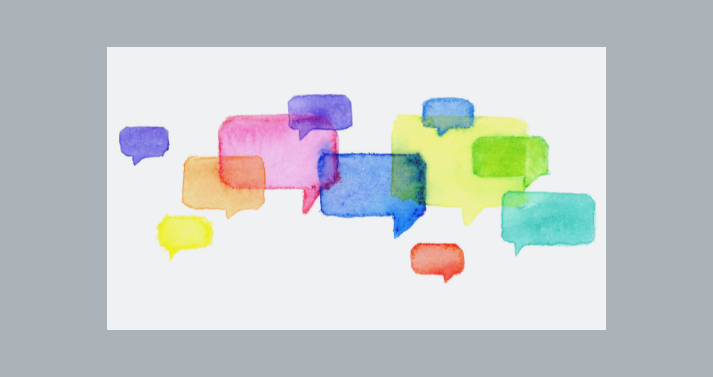Sometimes in a training, I’ll toss up a slide that says this:
Do you believe that people are doing the best they can with what they have, at any given moment?
Sometimes, I’ll create breakout groups to discuss this. Some folks quickly come to a stance on their answers, while others vacillate. Sometimes, I vacillate! I mean, am I really doing the best I can at this moment? I’d like to think so?
What it comes down to for me is this:
It’s more helpful for me to believe this is true.
Because when I believe this, hope flows. Compassion flows. I can tap into empathy, curiosity, and perhaps most importantly, acceptance of who they are, where they are, and their inherent strengths and values.
I need this attitude to be there to work effectively with clients. (AKA MI Spirit)
This is backed by science. The attitude we bring to our work with clients impacts outcomes.
I’m enjoying reading this new book by Bill Miller & Teri Moyers, Effective Psychotherapy: Clinical Tools that Impact Outcomes. In this book, they review 70 years of psychotherapy research and talk about 8 evidence-based tools we bring to helping relationships that provide solid data re: positive outcomes. It’s no surprise there is a ton of MI overlap with this book (MI now has over 1200 clinical trials that support efficacy).
So here is a quiz for you (pulled from the book). Do you believe:
Theory A: People are fundamentally self-serving, and without social controls they would revert to an instinctual nature that is self centered, hostile, antisocial, and destructive.
Theory B: People have no basic nature, but are a happenstance product of their genes and experience. They are essentially a blank slate written upon by nature and nurture.
Theory C: People’s natural predisposition is collaborative, constructive and trustworthy, at least when given the supportive conditions for change, people will typically move in a positive and prosocial direction.
What you believe matters. What you believe impacts client outcomes. Choosing to live into the belief that C offers is most likely to impact your clients positively. Would love to know your thoughts on this!
Motivational Interviewing Tip of the Week: What belief are you bringing to the client in front of you? How can you invite hope, compassion, and empathy for your client? What might shift if you choose to believe that providing them with a supportive relationship to explore change is possibly the best thing you can do to actually support change


